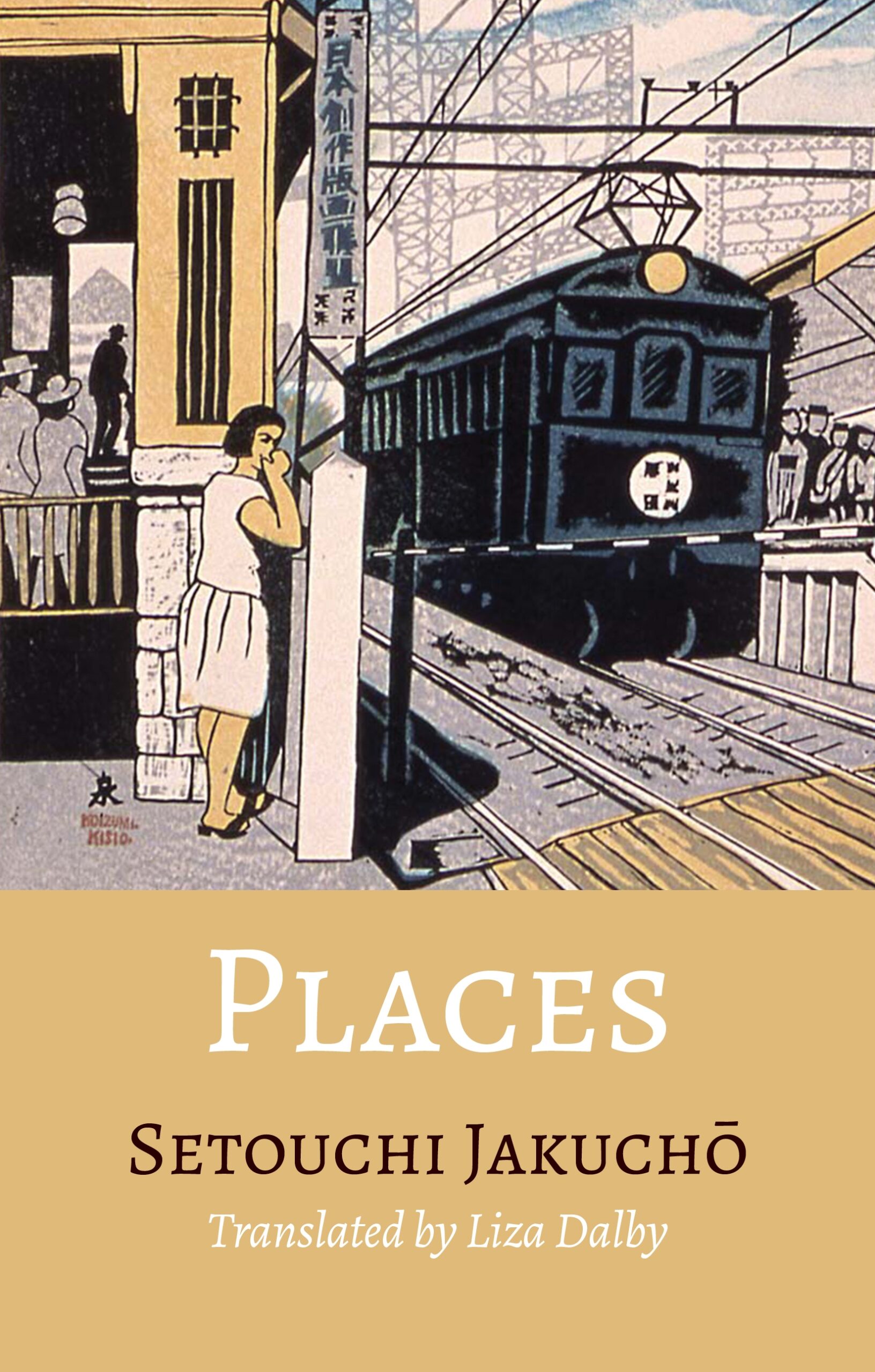Places
- About the Book
-
“Few authors have led as storied a life as Setouchi Jakuchō. Writer, translator, feminist, peace activist, Buddhist nun . . . even this list cannot contain the impressive sweep of her career. Along the way she has also been daughter, wife, mother, mistress, lover, role model, and femme fatale. Through each twist and turn, she has reacted with both feisty verve and self-reproving reflection. Basho (Places), superbly translated here by Liza Dalby, enjoins readers to accompany the author as she travels again over the familiar terrain of her life story, journeying through the places where she once lived, loved, suffered, and learned.” —from the Foreword by Rebecca L. Copeland
In this scintillating work of autobiographical fiction, Setouchi Jakuchō recalls with almost photographic clarity scenes from her past: growing up in the Tokushima countryside in the 1920s, the daughter of a craftsman, and in Tokyo as a young student experiencing the heady freedom of college life; escaping to Kyoto at the end of a disastrous arranged marriage and an ill-starred love affair before returning to Tokyo, with its lively community of artists and writers, to establish herself as a novelist. Throughout, Jakuchō is propelled by a burning desire to write and to make a living as a writer. Her memories, sharp and clear, also provide a fascinating picture of everyday life in Japan in the years surrounding World War II.
- About the Author(s)
-
Setouchi Jakuchō, Author
Setouchi Jakuchō (1922–), born Setouchi Harumi, was a prolific essayist and novelist before taking Buddhist vows and becoming a nun of the Tendai sect at the age of fifty-one. Since then she has continued to publish and is celebrated in Japan for her sermons and social activism and for her acclaimed modern Japanese translation of Genji monogatari (The Tale of Genji), published in 1998. Jakuchō received Japan’s Order of Culture in 2006.Liza Dalby, Translator
Liza Dalby is an anthropologist and writer specializing in Japanese culture. She is the author of numerous books, including Geisha (1983, 2008), Kimono: Fashioning Culture (1993), and The Tale of Murasaki (2000), a historical novel about Murasaki Shikibu.
- Reviews and Endorsements
-
- This tale is about the journey, rather than the destination. And though it is autobiographical, decades-old memories are enhanced by Setouchi’s venerated literary skill. . . . As the title of the book indicates, the twin threads of Setouchi’s early life are framed by revisiting places that represent significant milestones of her career or life. Liza Dalby explains Setouchi’s intention 'to summon memories from the physical traces of that former time.' This delightful premise turns the book into more than a mere autobiography. We are treated to slices of daily life in rural Japan, as well as Kyoto and Tokyo, during the immediate post-war and high growth period of the 1960s. . . . Places is a braid of success stories: female independence, authorial achievement, and a mind taken to the brink of suicide, and back.
—Chad Kohalyk, Books on Asia
- This tale is about the journey, rather than the destination. And though it is autobiographical, decades-old memories are enhanced by Setouchi’s venerated literary skill. . . . As the title of the book indicates, the twin threads of Setouchi’s early life are framed by revisiting places that represent significant milestones of her career or life. Liza Dalby explains Setouchi’s intention 'to summon memories from the physical traces of that former time.' This delightful premise turns the book into more than a mere autobiography. We are treated to slices of daily life in rural Japan, as well as Kyoto and Tokyo, during the immediate post-war and high growth period of the 1960s. . . . Places is a braid of success stories: female independence, authorial achievement, and a mind taken to the brink of suicide, and back.





